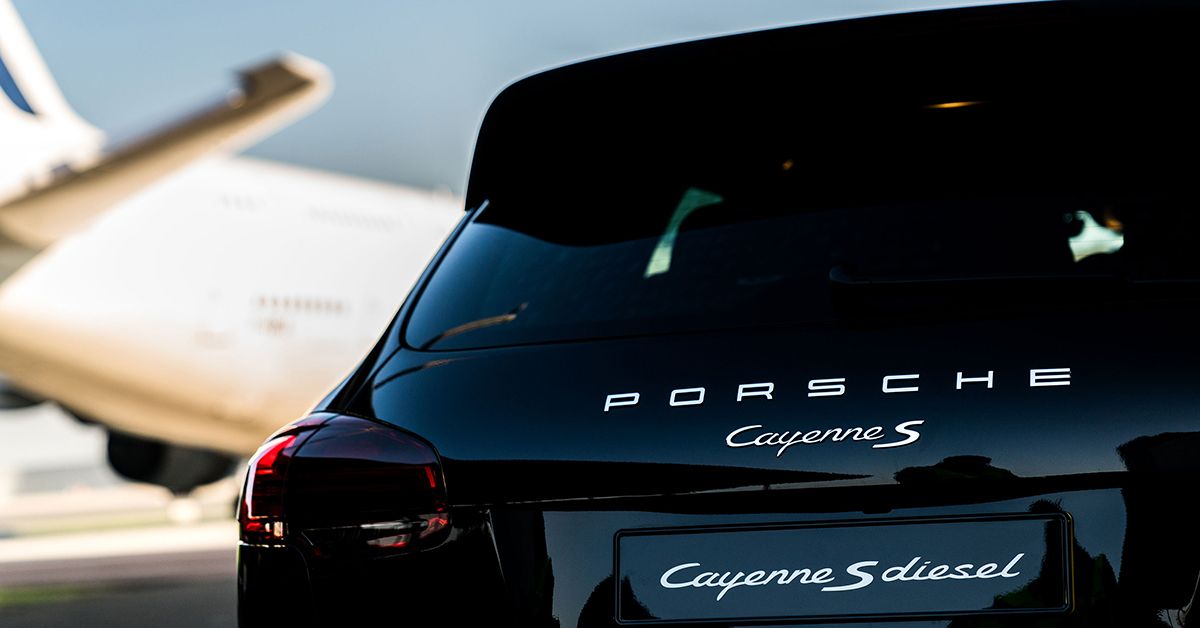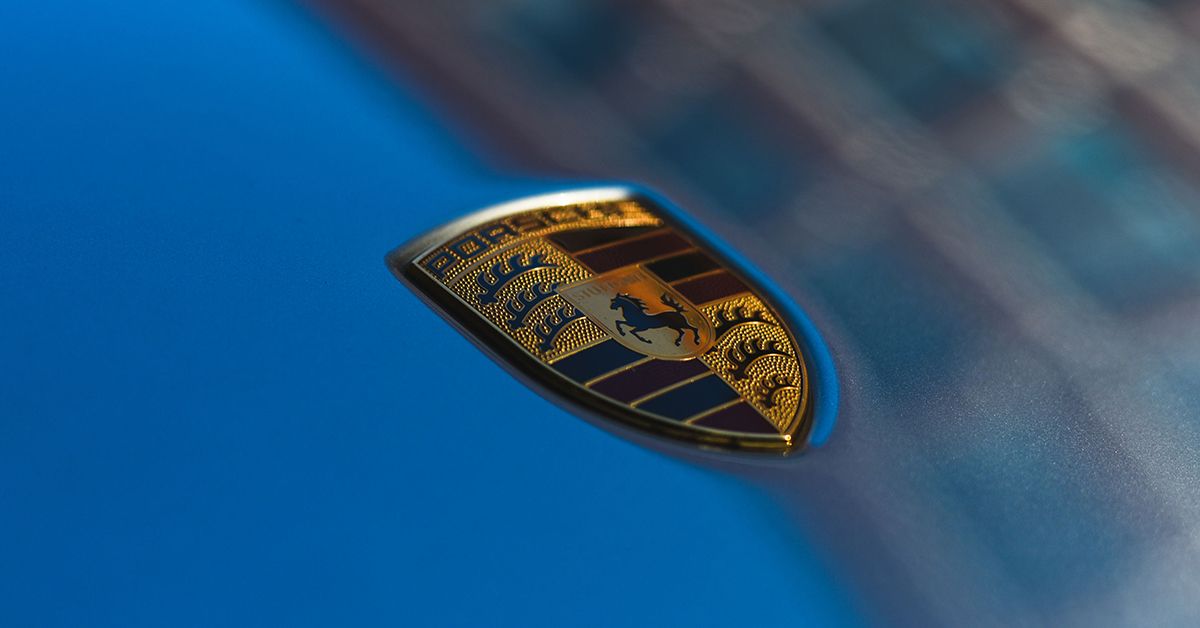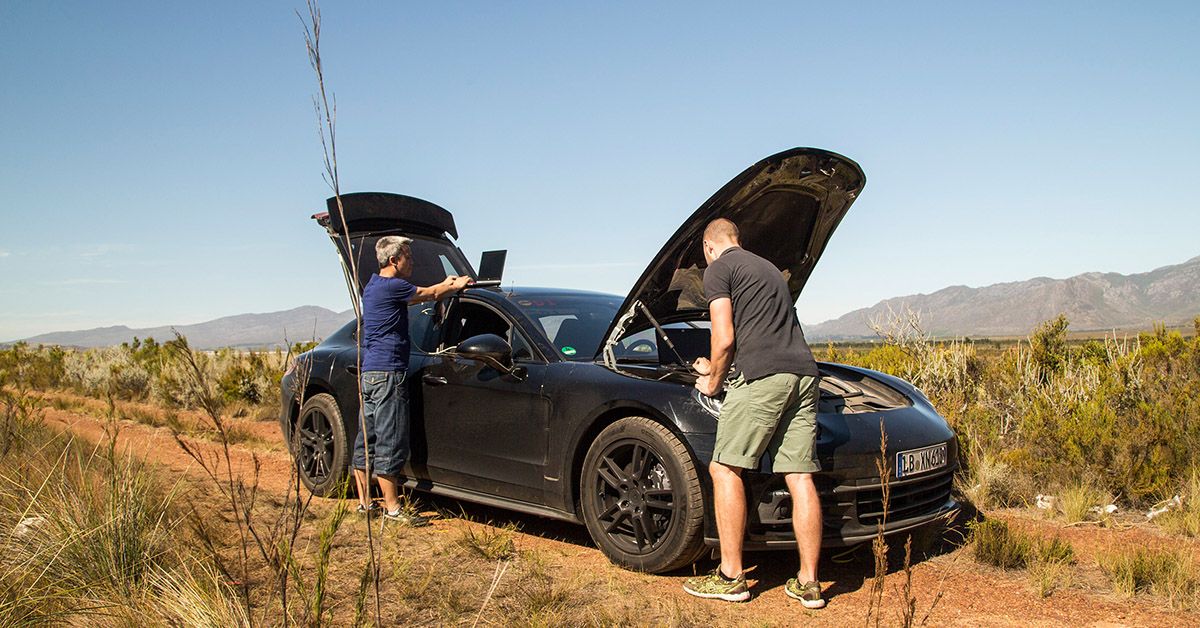People readily recognize Porsche as a reliable manufacturer of quick and fast vehicles. Its 911 offering is easily one of the most iconic sports cars in the world. It also offers SUVs like the Cayenne and the Macan. In addition, the carmaker is heavily invested in motorsports, where its vehicles prove their true worth.
As part of the Volkswagen Group, Porsche is heading in a new direction. Along with an onslaught of new gasoline-powered dynamics-oriented products, the German sports carmaker has entered the world of electrification. In 2010, Porsche launched the Cayenne S Hybrid, followed by the Panamera S Hybrid and more. In 2019, the company unveiled the Taycan, its first fully dedicated electric vehicle, with sales commencing in 2020.
Indeed, a number of changes happened at Porsche in the past few years. More of these will come in the next several years. But these changes didn't happen and will not happen overnight. Among the changes include the discontinuation of all diesel-powered products at Porsche. This led to people asking questions, with some trying to give explanations.
Of course, Porsche is still the best resource to answer why it has quit diesel engines.
Porsche's Eight-Year Affair With Diesel Vehicles
Porsche introduced its first diesel engine-powered vehicle in 2010 when it unveiled the face-lifted version of its first-generation Cayenne. It was soon joined by the Panamera and the Macan. While diesel-powered models account for a good chunk of SUV sales, Porsche views them as playing a secondary role.
Then in September 2018, Porsche formally announced that it would no longer build diesel-powered models. The world officially stopped for some customers who came to love driving Porsche diesel vehicles. Actually, the sports car maker already stopped offering diesel models in its product range as early as February 2018.
There were quite a few speculations on why Porsche made the decision since, at that time, its first diesel models were just barely eight years old. One of the speculated reasons was that Porsche was severely affected by the so-called Dieselgate scandal that rocked the whole Volkswagen Group.
VW Group's Dieselgate Scandal Also Included Porsche
The Dieselgate scandal was quite a long story. As its moniker says, it involved pretty much a good number of VW Group vehicles powered by diesel engines, including Porsche models. The scandal saw the VW Group admit that it employed some sort of software to make it seem that its diesel vehicles were producing fewer emissions than they actually were during tests. As a result, the VW Group came under the scrutiny of regulators and environmental groups, as well as politicians. It also left a bad impression of the group's image.
It was a costly debacle for the VW Group. It had to recall millions of vehicles and pay billions of dollars in fines. The scandal spread from the United States to Canada, Germany, the United Kingdom, Italy, France, South Korea, Canada, and, of course, Germany. Even Porsche executives are facing lawsuits. VW Group was forced to rethink its strategy, eventually coming up with a huge electrification program across its brands.
Porsche, however, denied that the decision to drop diesel engines was prompted by the Dieselgate scandal. The German sports car maker asserted that they quit diesel engines because of the changed conditions on the market.
Porsche Quit Diesel Due To Declining Sales, It Says
According to Porsche, it has been aligning its product range with customer wishes. The company noted that sales of diesel vehicles had been in decline. In 2017, diesel models accounted for just 12 percent of the carmaker's sales around the world. This was still a good percentage of sales though, but Porsche had had enough.
There was another factor that contributed to Porsche's decision to quit diesel engines – the surging demand for electrified products. In 2017, around 63 percent of Panamera SUVs delivered in Europe were powered by hybrid drives. Moreover, the carmaker's Mission E concept unveiled at the 2015 Geneva Motor Show gained positive responses from the public while signaling a possible change in Porsche's future strategy.
While it could be noted that the steady decline in Porsche's diesel vehicle sales might have been caused - directly or indirectly - by the Dieselgate scandal, Germany won't verify that. After all, the scandal is something that Porsche and the rest of the members of Volkswagen don't want to remember.
Porsche Says No To Diesel, Yes To Electrification
Post-diesel years, Porsche is now focusing its energy on optimized combustion engines, plug-in hybrid models, and electric sports cars. The Porsche Mission E eventually became the Taycan—its first all-electric sports car on the market -- in 2019.
Porsche is also pouring a lot of money into its new efforts. From the announcement in 2018 to 2022, it would already have invested over EUR6 billion in the areas of hybrid technology and electric mobility. Porsche expects that as early as 2025, half of its offerings would feature an electric drive system, either hybrid or all-electric. By 2030, the carmaker expects more than 80% of the new vehicles to be all-electric.
Source: Porsche



